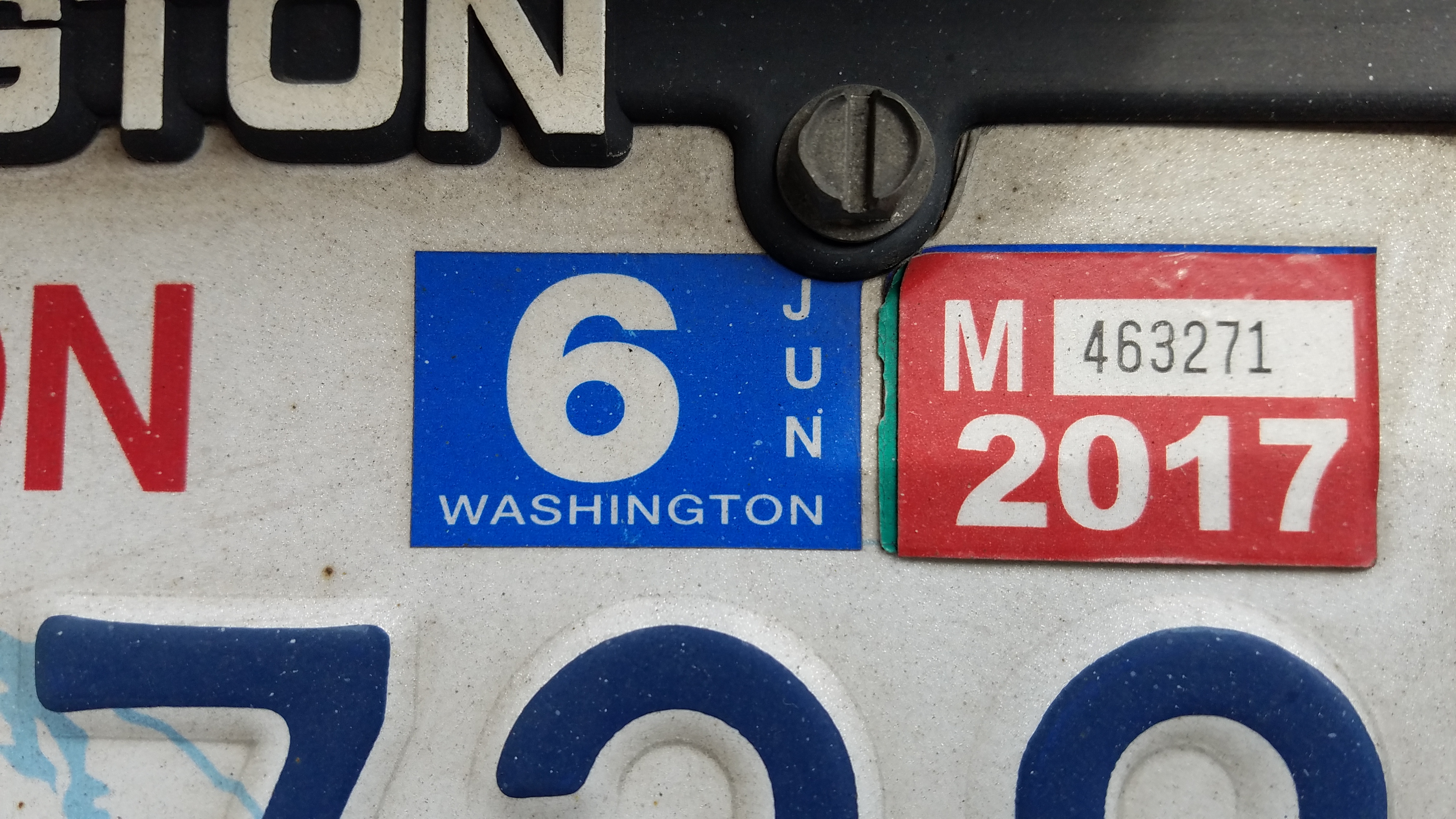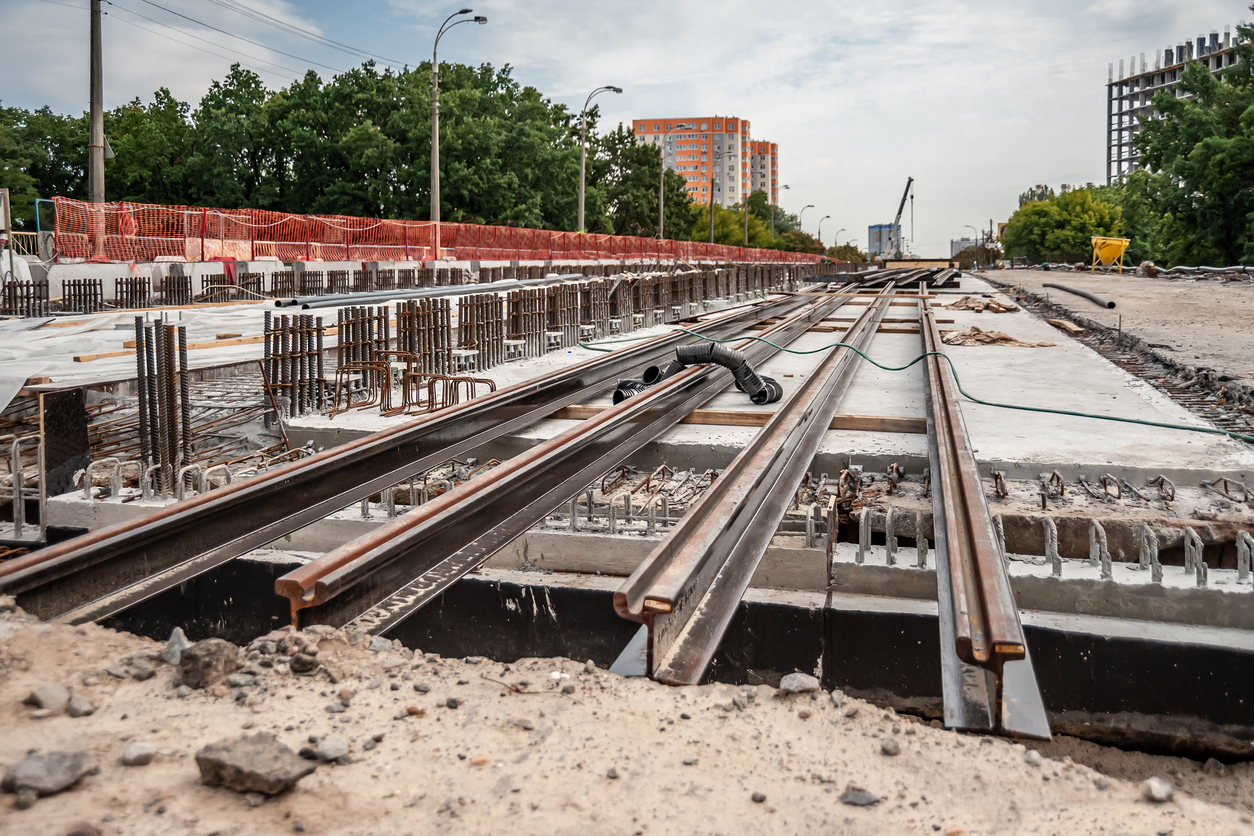Sound Transit should lower car tab fees now

*This piece originally appeared in The Puget Sound Business Journal.
Opening mail is now an anxiety-inducing experience, thanks to Sound Transit officials’ choice to impose an outdated vehicle depreciation schedule. Top agency officials claim their hands are tied, constitutionally speaking, until 2028 when Sound Transit’s original 0.3 percent car tab tax imposed in 1996 for Sound Move supposedly expires and the related bonds are paid off.
Fortunately for taxpayers, there is a way out of this mess. Unfortunately, the decision lies with those who benefit from the unfair overvaluation.
In 2015, King County Executive Dow Constantine and the Sound Transit Board had language added to the Connecting Washington Transportation Package ( Section 319, section 1) so they could impose new car tab fees based on an archaic depreciation schedule. Their valuation artificially inflates a car’s value and the subsequent motor vehicle excise taxes (MVET) that vehicle owners must pay.
The language states that Sound Transit officials can impose, but not exceed, a voter-approved 0.8 percent MVET rate and that any new car tab fee must comply with the old depreciation schedule “as it existed on Jan. 1, 1996 until the year in which the regional transit authority repays bond debt.”
This is a self-created loophole that makes Sound Transit’s new 0.8 percent MVET from Sound Transit 3 comply with the old 1996 depreciation schedule, allowing the agency to impose higher taxes than necessary for another decade.
Sound Transit Spokesman Geoff Patrick has a more complimentary perspective of the agency’s intentions. He told the Seattle Times that Sound Transit could have used the new depreciation schedule, “which would have meant less revenue for the agency,” but chose not to for “simplicity’s sake.”
We ran the numbers and found that Sound Transit officials’ preference for “simplicity” will enable them to collect $1.6 billion in MVET overcharges from taxpayers over the course of three decades, should the taxes end in 2028 as promised.
Patrick says that these overcharges are “paying for transportation relief in a region where we’ve got some really chronic traffic,” implying that Sound Transit’s existing rail lines have actually done little to relieve worsening congestion.
His comment also suggests that to Sound Transit, the overcharges are justified - that the ends justify the means. Working families who are still stuck in traffic might disagree, but their views are inconsequential to a transit agency whose appointed board is not directly accountable to voters.
There is good news, however. Sound Transit officials can not only make things more simple, easing Patrick’s concerns, but can also reduce the unfair tax rates they impose on the public sooner.
Sound Transit is expecting a huge windfall of cash with the passage of last year’s ST3. Should they choose to meet their obligations to bondholders of the 0.3 percent MVET and pay that debt off earlier than 2028, the new 0.8 percent MVET will switch over to the new and more accurate depreciation schedule as set out in RCW 82.44.035.
Everyone paying car tab fees in the Sound Transit taxing district would see fees drop overnight.
A person with a new $30,000 car in its second year of service, currently paying Sound Transit $314, would pay $165 – a 47 percent reduction. Someone with a $15,000 car in its fifth year of service, now paying Sound Transit $122, would pay $56 – a 54 percent reduction.
In addition to reducing the tax burden Sound Transit officials impose because valuation would be closer to the true market value, the original 0.3 percent tax would come off the books more than a decade early – a double bonus for every driver in the Sound Transit area.
With all the high taxes people pay, and with more coming, Sound Transit officials should give us a break on this one.
*This piece originally appeared in The Puget Sound Business Journal.






